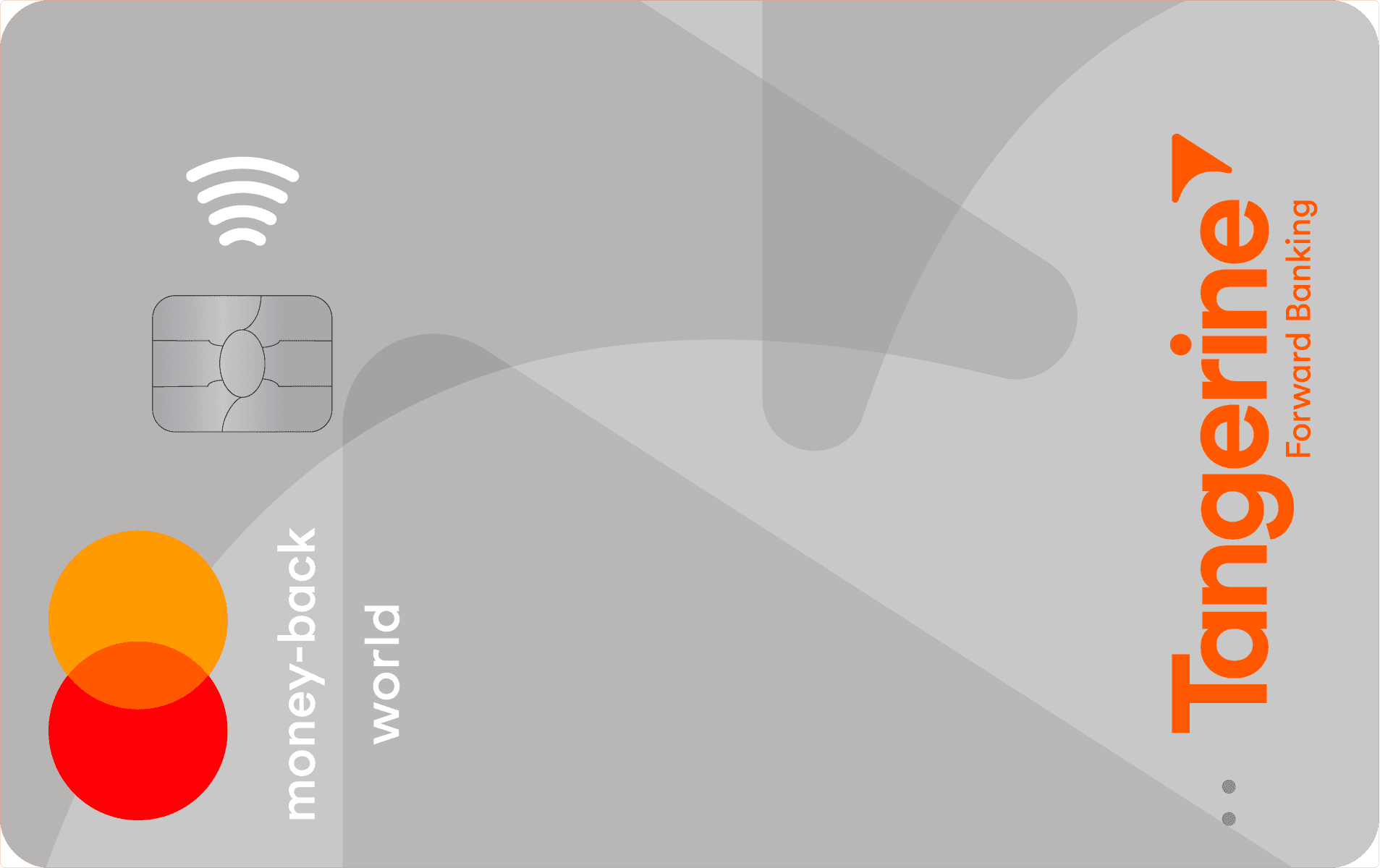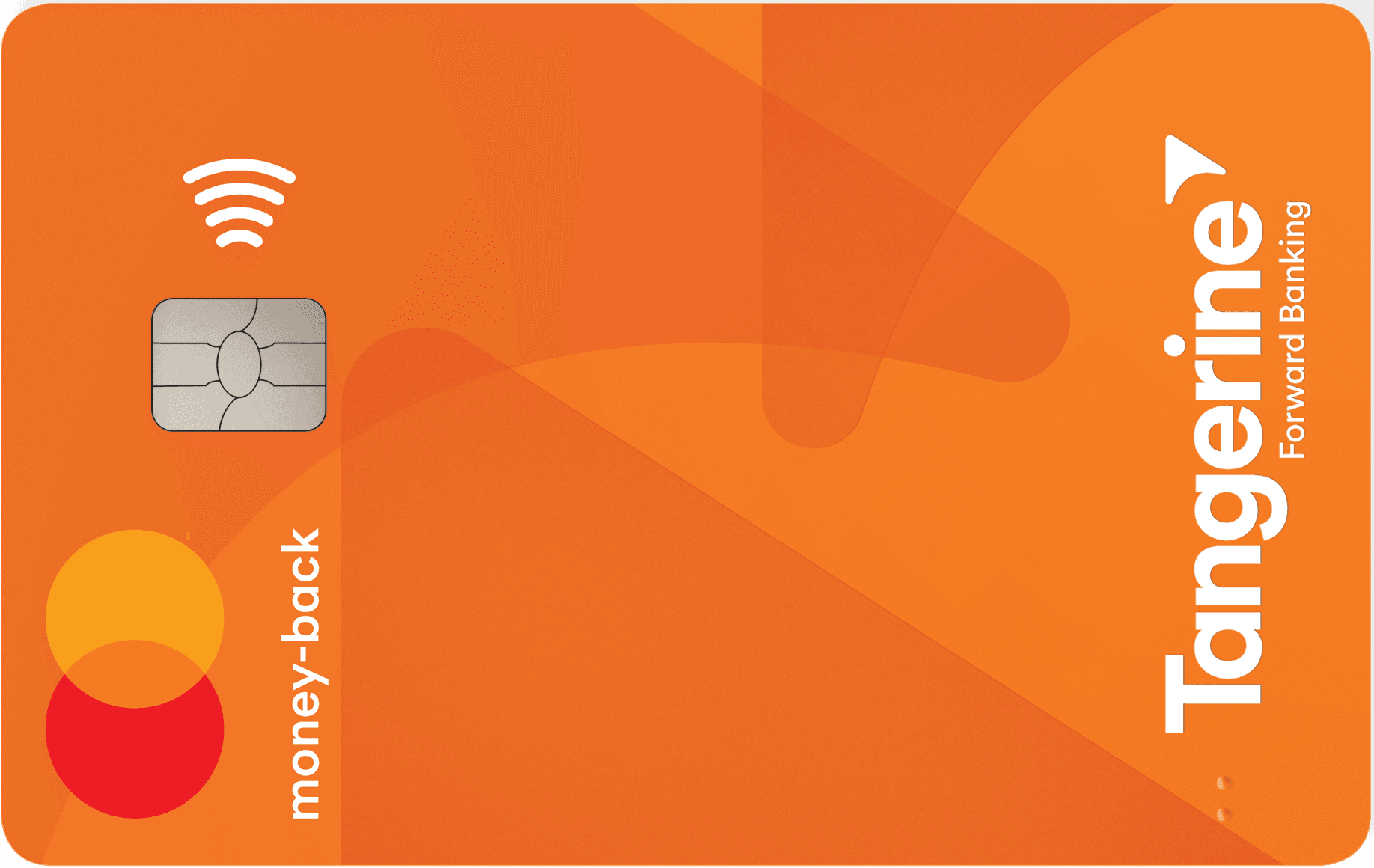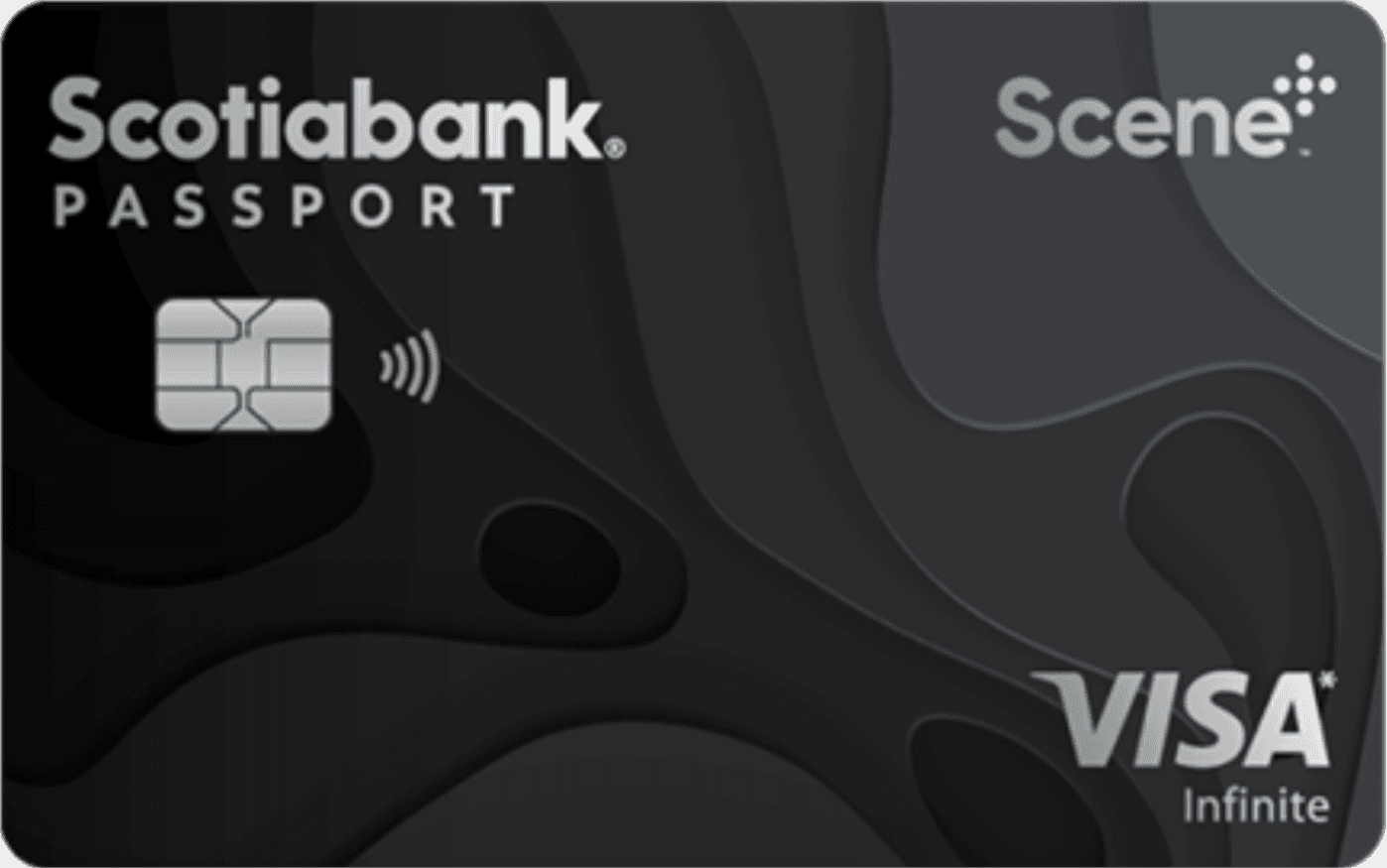Working hard in the background...
What Credit Card Limit Should I Have? Your Ultimate Canadian Guide.
Published Feb 4, 2026 2:46 AM • 8 min read
Have you also asked yourself, what credit card limit should I have?
Having a credit card brings a lot of ease in spending and conducting financial transactions in Canada. But even with credit cards, you have a specified limit to which you can spend. You are bound to manage your expenditure or spending within that prescribed limit. The credit limit is surely determined by the bank and can vary from person to person.
Are you wondering what credit limit should you have to enjoy the freedom of spending? Well, the limit you should have depends on many factors. Care to find out? Then read through the end and you will understand what factors you should look for when trying to figure out the perfect credit limit for you.
Credit Card Limit
Let's start with understanding what credit limit means. The credit card limit is the maximum spending limit that is allowed by the bank. When you apply for any credit card in Canada, the bank will notify you of your credit limit and the minimum amount payable every month.
For instance, if your credit limit is $2500 then you can spend at a maximum of $2500 only. Some banks do allow you to spend more than your credit limit but with a fee and huge interest rate. But that is subject to a few banks and selected credit card holders only and is not very common in Canada.
How credit card limits are offered by banks
In Canada, the major factors include credit score, financial standing, income, and credit payment history. Based on these factors, banks can offer different credit limits to different customers.
You might be wondering what a reasonable credit limit in Canada is. It can give you a good starting point to see what should be your credit limit. Well, it is very difficult to give a concrete answer to it as the limit varies from customer to customer and bank to bank.
As per the Equifax Report that they submitted recently, the average credit limit in Canada is somewhat close to $5800. In general, the $10000 to $20000 credit limit is considered a high credit limit in Canada.
Now, what credit card limit should I have?
Your credit card limit should be according to your income level, spending pattern, and credit score. If you get easily tempted to go on a shopping spree then it is best to have a credit card with a low limit to prevent excessive spending and accumulating the credit card debt.
An appropriate credit card limit is what you can afford financially and which can cover your monthly expenses as well.
Here are the major factors that you should be looking into in-depth while expecting your credit limit in Canada:
- Income: Your income is the first and foremost factor that you should consider for your credit card limit. If your income from both active and passive sources is good then you can negotiate for a good credit card limit with your bank. In Canada, banks normally consider the income level while finalizing the card limit. As a rule of thumb, banks offer around 20% to 30% of your annual income from all sources as your credit card limit. Of course, the limit can decrease if you have a poor credit score and history of late payments or it can increase if you have a superb credit score and a credit history of paying before the due date.
- Outstanding financial debts: While considering what credit card limit best suits you, you must check your outstanding financial debts. If you already have too much debt, your goal should be to pay off your credit card debt as quickly as possible. Then it is not advisable to get a credit card with a high limit as you can be tempted to use it more than necessary and accumulate more debt. This snowballing of debt can be seriously harmful to you in the long run and can deprive you of your valuable assets and peace of mind. It is critical to pay the balance on your credit card so you don't accumulate the high interest on most cards.
- Benefits and rewards: Every credit card comes with a bundle of benefits and rewards in the form of cashback, redeemable reward points, discounts, and free products or services. These benefits and rewards are often connected to a credit card limit. The higher the limit, the more benefits you can enjoy. While searching for the best credit card in Canada to maximize these perks, carefully consider whether you can manage the required credit card limit. Avoid rushing into a high credit limit simply for the excitement of enjoying benefits and rewards. Many cardholders end up overspending in order to access different benefits, offers, and rewards. Taking all these factors into account will help you determine the credit card limit that is most suitable for you.
- Past spending pattern: No one knows you better than yourself. It is good to realistically evaluate your spending habits and part patterns. If you have a balanced personality and you don’t indulge in squandering money then you can apply for a high credit card limit. But if you love to spend recklessly and have a history of extravagance spending then it is better to have a credit card with a low limit so that you won’t have enough money to overspend.
- Credit Score: Your credit score is the true depiction of your credit payment history. As a rule of thumb, you can qualify for a higher credit card limit in Canada if you improve your credit score. Otherwise, you will end up with a very low credit card limit if your credit score is not attractive. A good credit score can be secured by paying outstanding debt within the due date, borrowing only up to 30% of your credit limit, and sensibly managing the credit. You should base your expectations of the credit limit on your credit score and be realistic in your approach.
Is there any way to increase your credit card limit?
Credit card limits can be negotiated with the banks in Canada but banks have the power to make the final decision. You cannot challenge that decision and have to accept it or leave the offer and go to some other bank. But if you are adamant that you want the bank to increase your credit card limit then you need to be worthy of such favour. You need to improve your financial standing to give the bank the confidence that you can manage the high credit card limit. You can do it via:
- Paying the full credit card bill before the due date every month.
- If you can't afford to pay the total outstanding balance then try to pay more than the minimum payment required.
- Only use up to 30% of your credit card limit. Your credit expenditure contributes 30% to your credit score. So by controlling the borrowing from banks, you can elevate your credit score and the confidence of the bank as well.
- Maintain a reliable credit history for at least six to twelve months.
- Do not carry a high outstanding balance as it shows your inability to meet debt payments on time.
- Never pay after the due date rather always try to pay before the due date.
- Try to write off your other debts and improve your income-to-debt ratio to win the trust of your bank.
If you fulfil this criteria and maintain a healthy credit history then you can negotiate your current credit card limit with the bank. You can do it over the phone, through online customer service, or by visiting your concerned branch. There you can request the bank for an “increase in credit card limit” and seeing your improved credit score and credit history it is most likely that the bank will accept your request. With an improved credit score and credit history, you can successfully ask for a 10% to 25% increase in the credit card limit.
One alternative to consider is a no-limit credit card, also known as a charge card. These cards do not have a fixed credit limit, offering you more flexibility, but they usually require you to pay off the balance in full each month. They are typically available only to individuals with strong credit profiles and stable income.
Lower the credit card limit
It might sound surprising to you but you can also lower your credit card limit. You might be wondering why someone would want to do it. Well, if you have a habit of squandering the funds and overspending and you want to manage your credit card debt then you can request for lowering your credit card limit.
Conclusion
It's fair to say the answer to what credit card limit should I have isn't an exact number. On average, most students or people with low credit history start out with very low credit limits, in the range of $500 - $1000.
After you've built a fair amount of credit history over time, you can continuously increase your credit limit upon approval.
Trending Offers

Tangerine® Money-Back World Mastercard®*

Tangerine Money-Back Mastercard

BMO Performance Chequing Account

Scotiabank Passport® Visa Infinite* Card
About the author

Abid Salahi
Credit Card Expert
Abid leads the design and engineering of the FinlyWealth website, making sure everything runs smoothly and looks great. He’s a seasoned software engineer who follows best practices and designs interfa...
SEE FULL BIOAbout the editor

Kevin Shahnazari
Credit Card Expert
Kevin started FinlyWealth and juggles a bit of everything—digging into data, running our marketing, and keeping the finances on track. Before this, he spent years as a data scientist at tech companies...
SEE FULL BIO